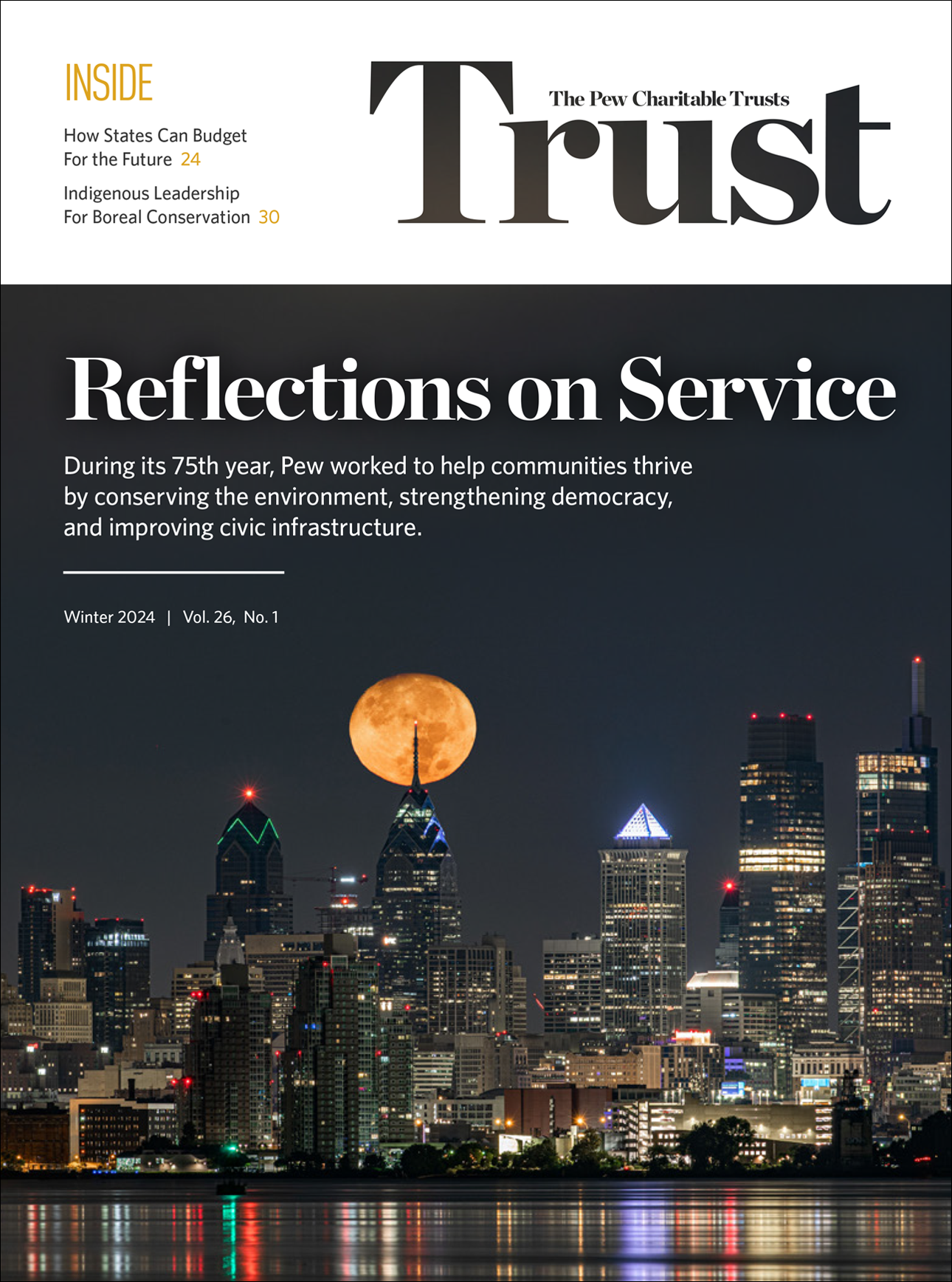America"s retirement system is on the brink of collapse, with 56 million workers in the private sector lacking access to employer-sponsored retirement plans. This staggering statistic reveals the deep inequality embedded in our financial system, leaving nearly half of American workers without adequate means to save for their future. With the Social Security Trust Fund projected to deplete by 2034, the consequences for millions could be devastating.
Workers Left Behind in Retirement Savings
According to a recent study by the Pew Charitable Trusts, about 30% of Americans over age 59 lack any savings, highlighting a growing divide between those who can afford to retire comfortably and those who cannot. This crisis is exacerbated by the fact that 70% of low-income workers earn less than $37,000 and lack access to employer-sponsored plans. This inequity is not just a personal failure but a systemic issue that calls for urgent reform.
Social Security Reliance on the Brink
As reported by the Washington Post, the depletion of the Social Security Trust Fund by 2034 means that approximately 70 million recipients will face a potential cut of nearly 20% in benefits. For the 40% of beneficiaries who currently rely solely on Social Security, this cut represents not just a financial setback but a direct threat to their basic livelihood.
\n\n
The 401(k) industry owns Congress": How lawmakers quietly ...
Systemic Barriers to Wealth Accumulation
The Pew study illustrates that saving for retirement isn"t simply about individual responsibility. One-third of those without employer-sponsored plans reported having no leftover money to save at the end of the month. This dismal reality is compounded by the fact that the majority of retirement assets, nearly 70%, are tied up in employer-sponsored plans, leaving those without access to such plans at a severe disadvantage. As Teresa Ghilarducci, a labor economist, noted, "Without a workplace plan, even the most disciplined and financially educated worker faces structural disadvantages for saving."
Urgent Need for Policy Reform
The current trajectory of retirement savings is unsustainable. With Congress yet to act on reforming the Social Security program, the looming crisis demands immediate attention. The Social Security Board of Trustees has warned that time is running out to strengthen the program’s finances. If lawmakers remain inactive, the most vulnerable populations—gig workers, low-wage earners, and those without retirement accounts—will bear the brunt of this impending crisis.
\n\n
Winter 2024: Reflections on Service | The Pew Charitable Trusts
Wealth Inequality and Economic Justice
This situation is more than just an economic issue; it is a stark reminder of the systemic inequalities that pervade our society. The absence of employer-sponsored retirement plans is not merely a personal choice but reflects a larger societal failure to provide equitable access to financial security. As we face the reality of an aging population, the lack of adequate retirement savings will only deepen the existing disparities, leading to a future where millions live in poverty during their golden years.







![[Video] Gunfire between Iraqi security forces and Sadr militias in Baghdad](/_next/image?url=%2Fapi%2Fimage%2Fthumbnails%2Fthumbnail-1768343508874-4redb-thumbnail.jpg&w=3840&q=75)
